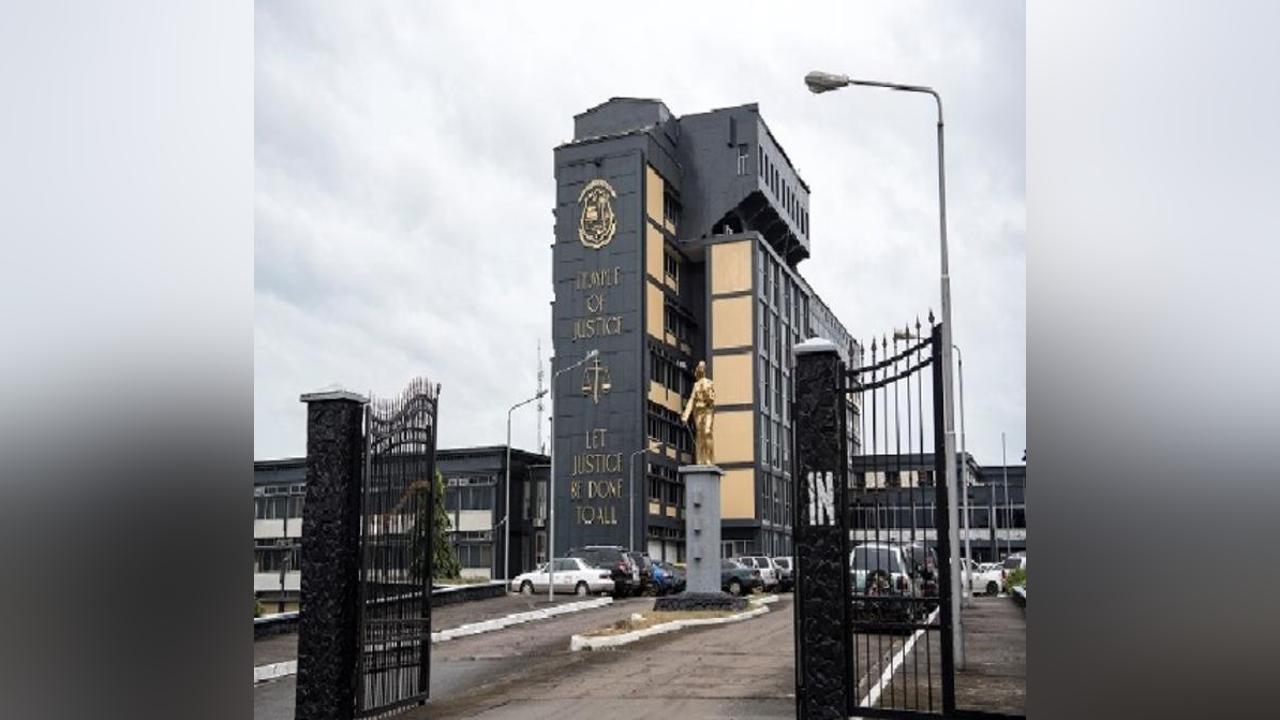Africa-Press – Liberia. Frontpage News reports that Criminal Court C, under Judge Willie, refused a defendant’s request for release to visit family for medical evaluation. The same court also denied a defense request to suppress evidence. A motion to suppress evidence is a formal request to exclude certain evidence from trial, usually because it was obtained illegally or is prejudicial.
Beyond these procedural points, this piece argues that the appearance of bias in a high-stakes case threatens the legitimacy of the judiciary. Suppose the courtroom feels less like a neutral venue and more like a stage where the prosecutor’s influence tilts the scales. In that case, Liberians may fear a sham trial and anticipate consequences: a wave of convictions not grounded in solid evidence but in rhetoric and partisan aims, with lasting damage to the country’s sense of justice.
Judicial independence is not a luxury; it is the bedrock of the rule of law. When a court seems to bend to the drumbeat of political interests, public trust frays. The public rightly expects judges to weigh facts, apply statutes, and protect the rights of the accused without fear, favor, or vendetta. When that expectation is compromised, the very legitimacy of the judiciary—the institution that stands between power and the people—erodes.
The long-term risks extend beyond a single trial. A culture in which bold, partisan rhetoric replaces careful adjudication invites a climate of fear, not faith, in the justice system. If courts become arenas where outcomes are dictated by political wind rather than by evidence and rule of law, imprisonments may multiply not because guilt is proven beyond a reasonable doubt, but because power is deemed to prevail. In such a world, liberty becomes a privilege bestowed by the victor, rather than a right protected by due process.
This piece contends that safeguarding judicial independence is essential to prevent a slide into retribution over rule of law. The integrity of public institutions hinges on fair, transparent proceedings, where evidence is evaluated on its merits and every defendant is afforded due process. Bold rhetoric may win headlines, but it should never win verdicts.
Looking ahead to the political horizon, this piece links future elections to the integrity of the rule of law. A 2029 result that strengthens governing power could be remembered as the moment the country chose punitive retribution over due process, underscoring the need to uphold fair, fact-based prosecutions. The enduring message is clear: justice must be impartial, evidence-based, and protected from the corrosive influence of political vendetta if Liberia—like any republic—hopes to endure with its faith in the law intact.
Source: Liberia news The New Dawn Liberia
For More News And Analysis About Liberia Follow Africa-Press






